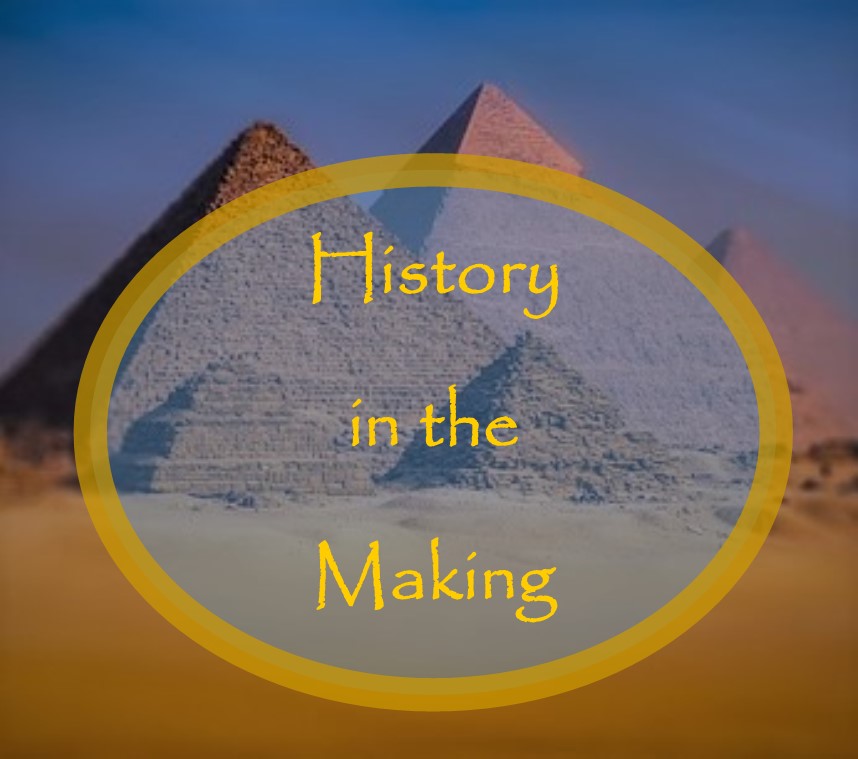Writers Chat Recap for May Part 1
Writers Chat, hosted by Jean Wise, Johnnie Alexander, and Brandy Brow, is the show where we talk about all…
May 22, 2023Writers Chat, hosted by Jean Wise, Johnnie Alexander, and Brandy Brow, is the show where we talk about all…
May 22, 2023
Writers Chat, hosted by Jean Wise, Johnnie Alexander, and Brandy Brow, is the show where we talk about all…
April 20, 2023
“Each of us have moments when we are swept away by an inner sense of excitement about something we…
September 13, 2021
“Each of us have moments when we are swept away by an inner sense of excitement about something we…
August 13, 2021
When doing research for a historical novel, you may find an unexpected nugget that could add some extra excitement,…
July 20, 2021
Praise be to the God and Father of our Lord Jesus Christ, the Father of compassion and the God…
May 3, 2021
Every writer’s heart stops when I utter the words, ‘writer’s block’. We’re ready to write: we have our tea,…
April 19, 2021
Write, therefore, what you have seen, what is now and what will take place later. Revelation 1:19 NIV So,…
March 3, 2021
Writers Chat, hosted by Jean Wise, Johnnie Alexander, and Brandy Brow, is the show where we talk about all…
January 30, 2021
Do you want to take your creativity and problem-solving abilities to a new level? Diversify your inputs. Increasing the…
September 8, 2020
I’ve never liked the term writer’s block and prefer to call it writer’s exhaustion, but it means the same…
July 27, 2020
In January, I had the privilege of speaking about being a writer at a large private school near…
April 21, 2020
As a writer, one thing that almost everyone will agree and accept is the fact that without inspiration, it…
October 13, 2019
You paced around the house all day doing unnecessary chores. You read an article on writing. You rearranged stuff on…
September 11, 2015